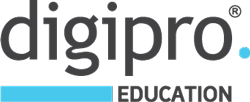Raising the Productivity of Firms in Tourism and Hospitality through Operating Model Excellence

Instructor
-
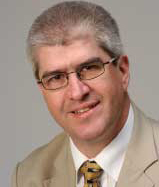 Philippe LeliaertConsultant/Coach/Trainer
Philippe LeliaertConsultant/Coach/TrainerDr. Philippe Leliaert is an associate consultant of Ackinas bvba (management consulting group specialising in Process Performance, eLearning and Intellectual Capital Management); senior Organisational Effectiveness Consultant at The Sinclair Group (US-based consulting group specialising in Operational Excellence), senior consultant and member of the Advisory Board at ContentAdvisors (consulting group focused on Knowledge Management), Owner-manager of management consulting firm L-Consult bvba, and co-founder of the international consulting network Syntaxis Networking.
His consulting expertise focuses on organisational development & change as the industrial economy evolves into a knowledge-based economy. He provides management advice at both strategic and operational/implementation levels on the organisational impact of e-Business/the knowledge economy. He further advises on the development, introduction and management of knowledge processes (creativity & innovation; Communities of Practice) as the only sources of sustainable competitive advantage, and on the identification, measurement and management of Intellectual Capital value.
He is active in several European Networks of Excellence related to knowledge & intellectual capital management, including PRISM, NESKEY and KnowledgeBoard. He was recently a keynote speaker at the 5th European Conference on Intellectual Capital.
His client list includes, among others:
– Strategy formulation, development, and implementation (using amongst other the Balanced Scorecard model) at Belgacom (telecom operator), Union Minière (non-ferro metals), Siemens Building Technologies (security services), Xylos (IT & Training), BASF (petrochemicals), Ackinas (management consulting),
– process performance measurement & change management at Hays Logistics Europe (logistics), Mercedes-Benz Europa (automotive), Janssens Pharmaceutica and Medochemie Cyprus (pharmaceuticals), Mercator Group (insurance), HP Consulting Europe and BaaN Belgium (IT), Xylos (IT & Training), Telindus (ICT); Telenet Vlaanderen (telecom operator); Kone Europe (elevators); Ericsson Nanjing (electronics); Laiki Bank and Hellenic Bank (financial services)
– Knowledge & Intellectual Capital Management at ODG Toronto (consulting & Value Added Reseller), KBC bank and ING Carlease (financial services), Sharelink Nicosia (financial services), Leptos Cyprus (real estate), Bank of Cyprus and Hellenic Bank (financial services)
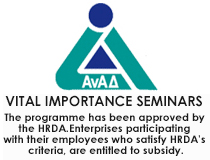
Date
- Φεβ 28 2022 - Μαρ 01 2022
- Expired!
Cost
- Fully Subsidized
Location
Given the cyclical nature of tourism and hospitality industries, the emerging multi-channel structure and the intensity of customer servicing, the operating model of companies in these industries becomes the most critical part of the business. As a result, companies in tourism and hospitality industries such as hotels, restaurants, car rentals, theme parks, venue centres, tourist shops and excursion providers should manage the performance of their operating model very efficiently in order to raise productivity – especially during and after the Covid-19 related lockdowns: it is simply imperative to identify and reduce, if not eliminate, any non-value-adding operating costs that could mean the difference between profit and loss, between sustained business and bankruptcy.
The reality is that the operating model of many companies in these industries is not optimal:
- Over servicing clients – dedicating resources to deliver non-value-adding services
- Not considering the cost to service customers
- Not recognising differences among strategic segments thus providing one-fit-all solutions
- Inefficient utilisation of resources
In order to deal with the issues identified above and achieve operating model excellence companies in tourism and hospitality industries should:
- Set performance standards and KPIs
- Focus staff on managing efficiently the customer contact points
- Provide information about the key operating areas
- Procure data to a single database from where to calculate indicators and produce reports
Given the complexity of these tasks and lack of experience to deal with such issues, training and guidance is needed. The additional safety measures imposed to counter the spread of Covid-19 are particularly challenging in this respect: Are they value-adding or not? Are they a necessary cost of doing business? It is imperative to assess and (re)design these safety measures to yield the highest possible return on investment.
Managing the performance of the operating model is a very effective approach to improve productivity as it aligns the whole organisation around key operational goals.
Owners and managers in tourism and hospitality industries such as hotels, restaurants, exhibition venues, amusement parks, travel agents, tourist retail shops, who manage the company or who are responsible for customer facing or support functions such as marketing, sales, service delivery, operations, accounts, IT and HR.
General seminar objectives:
The general objectives of the two-day training would be to help participants 1) re-evaluate the firm’s operating model and set productivity goals 2) measure performance of the operating model 3) manage performance. The specific objectives (knowledge, skill and attitude-related) are identified as shown below:
- Knowledge-related objectives:
- Understand how to evaluate customer expectations and how to identify, classify & prioritise gaps of expected vs. delivered service – including their perceptions of (Covid-19-related) safety.
- Understand what is required to capture and interpret customer feedback that is relevant for enhancing service effectiveness and productivity
- Identify critical success factors (CSF) for operational excellence AND safety
- Know how to define, record and communicate related KPIs that can enhance productivity across key service delivery processes.
- Skills-related objectives (Be able to)
- Chart actual versus desired performance, and provide constructive feedback to all team members on how to close that gap
- Motivate and engage staff towards the achievement of company priorities and safety standards
- Maintain collaboration and partnership across the organisation in the pursuit of clear & common objectives
- Develop an organisational climate that raises staff engagement and productivity, and due care with regard to everyone’s safety
- Attitude-related objectives
- Demonstrate effective and exemplary performance-focused leadership
- Formulate and continuously monitor appropriate operating standards in support of the organisation’s critical success factors for achieving operational excellence and safety.
- Adopt, advocate and exemplify the right values and organisational culture
In-house seminar objectives:
The company-specific part will help the companies in tourism and hospitality industries introduce specific productivity improvements by identifying problematic areas, setting objectives and developing an approach to manage the performance of the operating model for excellence and safety.
Ideas generated in class and other ideas brought to the training will be assessed based on their contribution to productivity and analysed in detail both from an operational and an organisational perspective in order to develop an effective implementation plan. The in-house training aims to help participants learn specific skills to address productivity challenges at their company. More specifically, depending on the company scope for productivity improvement participants should be able to:
- Identify gaps in the firm’s delivery and develop an implementation plan
- Identify operating standards for company operations
- Define KPI formulas to measure company objectives
- Set processes for continuous improvement
- Set policies to improve employee engagement
Recent Program Participants
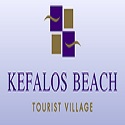
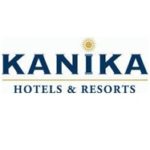
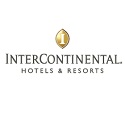
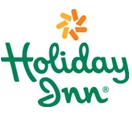

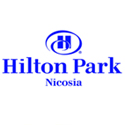
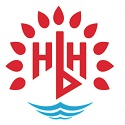
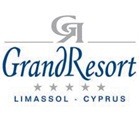
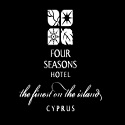
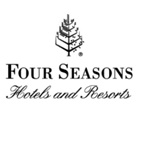
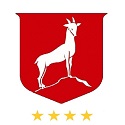
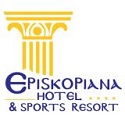
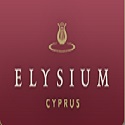
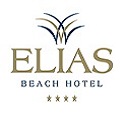
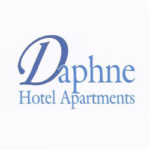
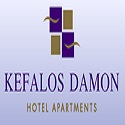
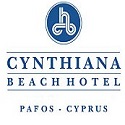
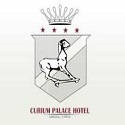
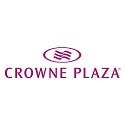
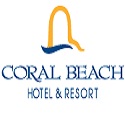
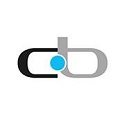

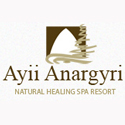
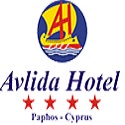
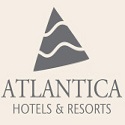
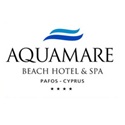
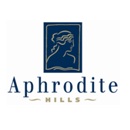
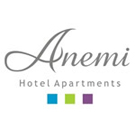
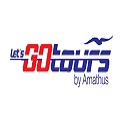
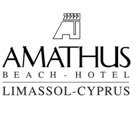
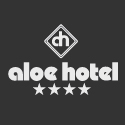
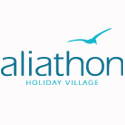
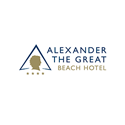
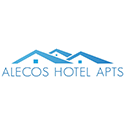
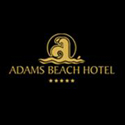
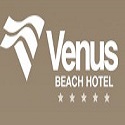
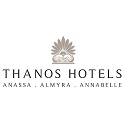
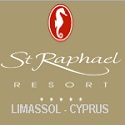
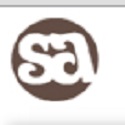
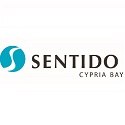
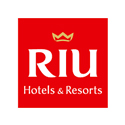
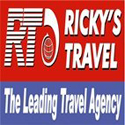
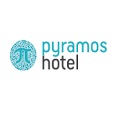
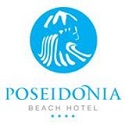
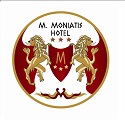
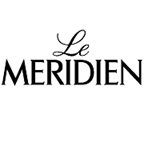
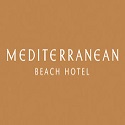
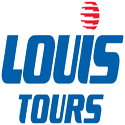
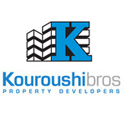
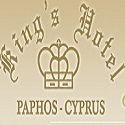
The event is finished.
Hourly Schedule
Day 1
- 7:45 - 9:00
- Trends in tourism and hospitality and the need for raising productivity. The operating model and challenges of managing performance for excellence
- 9:00 - 9:45
- PRACTICAL SESSION: Identifying your company’s operating model performance goals and current measurement
- 9:45 - 10:00
- Coffee break
- 10:00 - 11:00
- Setting operational priorities in tourism and hospitality
- 11:00 - 12:30
- PRACTICAL SESSION: Company operational priorities and measurement
- 12:30 - 13:30
- Lunch Break
- 13:30 - 14:45
- Identifying customer expectations in tourism and hospitality and implications for the operating model
- 14:45 - 15:00
- Coffee Break
- 15:00 - 16:15
- Benchmarking customer expectations with the firms’ actual delivery
Day 2
- 7:45 - 8:45
- Review of the previous day. PRACTICAL SESSION: Assess service delivery gaps – areas of over servicing customers and areas of underservicing customers and create ideas of how to improve productivity.
- 8:45 - 9:45
- Developing standards and KPIs for departments in tourism and hospitality industries
- 9:45 - 10:00
- Coffee break
- 10:00 - 12:15
- PRACTICAL SESSION: Identifying departmental KPIs and levels of ownership
- 12:15 - 13:15
- Lunch Break
- 13:15 - 14:45
- Aligning staff with operational objectives through the appraisal system & Creating the right culture. Practical Session: Identify KPIs to include in the appraisal in tourism and hospitality
- 14:45 - 15:00
- Coffee Break
- 15:00 - 16:15
- Managing performance at operations in tourism and hospitality industries, Managing data quality & Initiating an improvement project of the operating model
'Oροι και Προϋποθέσεις
The above seminar is fully subsidized by HRDA on the condition that the following criteria is stringently adhered to:
1. Cameras and microphones must be open for the duration of the seminar.
2. Participation for the whole seminar must exceed 75%.
3. 1 device per person must be used.
4. You must ensure you check in punctually at the beginning of the seminar and check out at the end of each day.
5. You are obligated to participate in the follow up onsite 4 Hour visit and you must ensure you check in and check out promptly.
In the event the criteria is not fulfilled satisfactorily and you are rejected by HRDA, please note that you as an individual or your company will be liable to pay the participation fee of €1800.
Finally, please see our cancellation policy:
– Cancellations can be accepted up to 5 working days prior to the seminar without penalties. For any cancellations received after the deadline (or no-shows), the individual or company will be invoiced the full amount per participant.
– Substitutions can be accepted up to 2 working days prior to the seminar without penalties.

